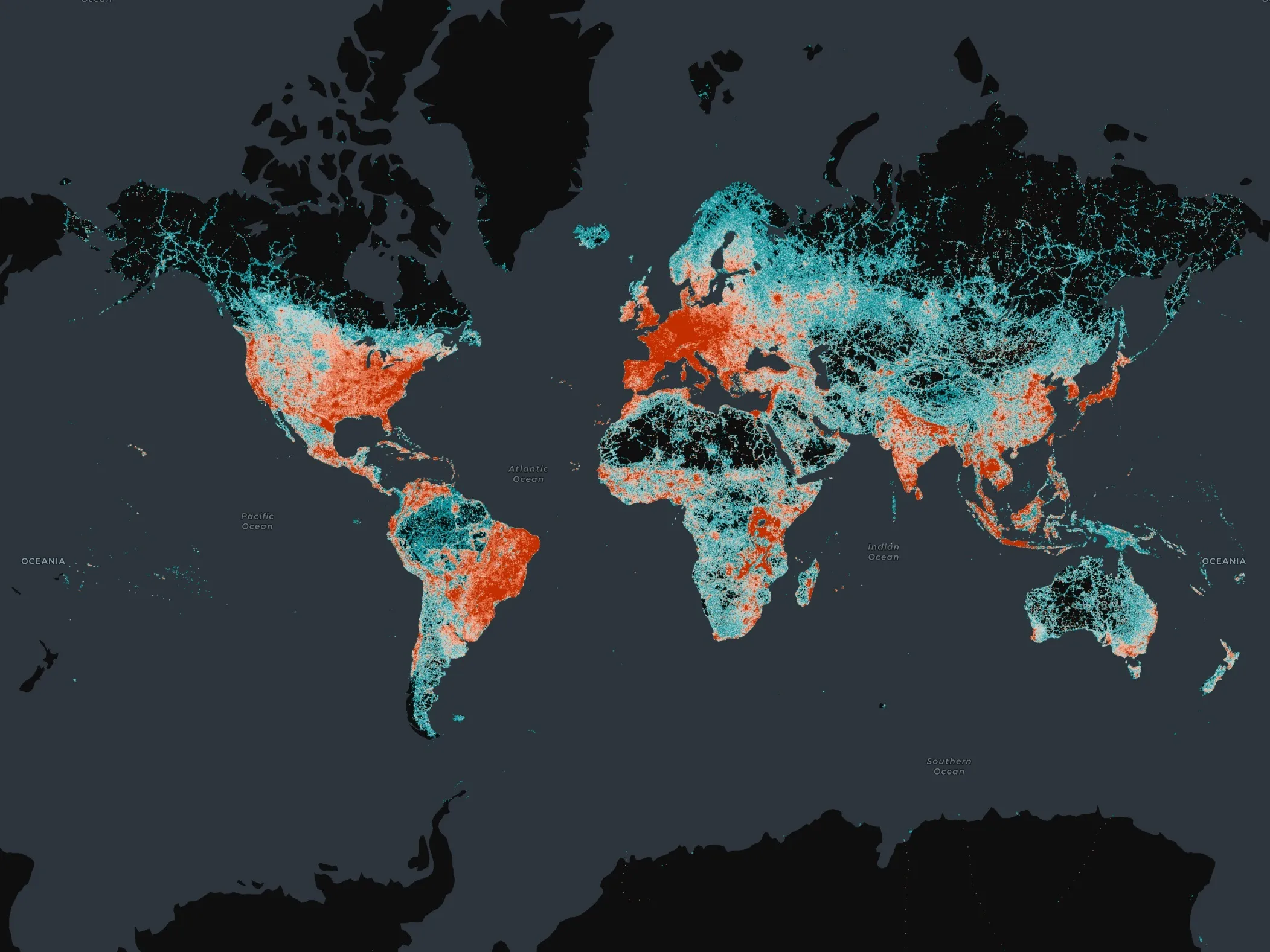The three companies will work together along with Zenuity, a newly formed automotive software development joint venture equally owned by Volvo Cars and Autoliv, to develop next-generation self-driving car technologies. Production vehicles built on the NVIDIA DRIVE PX car computing platform are planned for sale by 2021.
Volvo Cars, Autoliv and Zenuity will use NVIDIA's AI car computing platform as the foundation for their own advanced software development.
Volvo, Autoliv, Zenuity and NVIDIA will work together to create systems that can utilise deep learning, a form of artificial intelligence (AI), to recognise objects in their environment, anticipate potential threats and navigate safely.
The NVIDIA DRIVE PX system enables full 360-degree, real-time situational awareness and uses a known high-definition map to plan a safe route and drive precisely along it, adjusting to ever-changing circumstances. The system also performs other critical functions, such as stitching camera inputs to create a complete surround-view of the car's environment.
Zenuity will provide Volvo with self-driving software. Autoliv will also sell this software to third-party OEMs using its established sales, marketing and distribution network.








